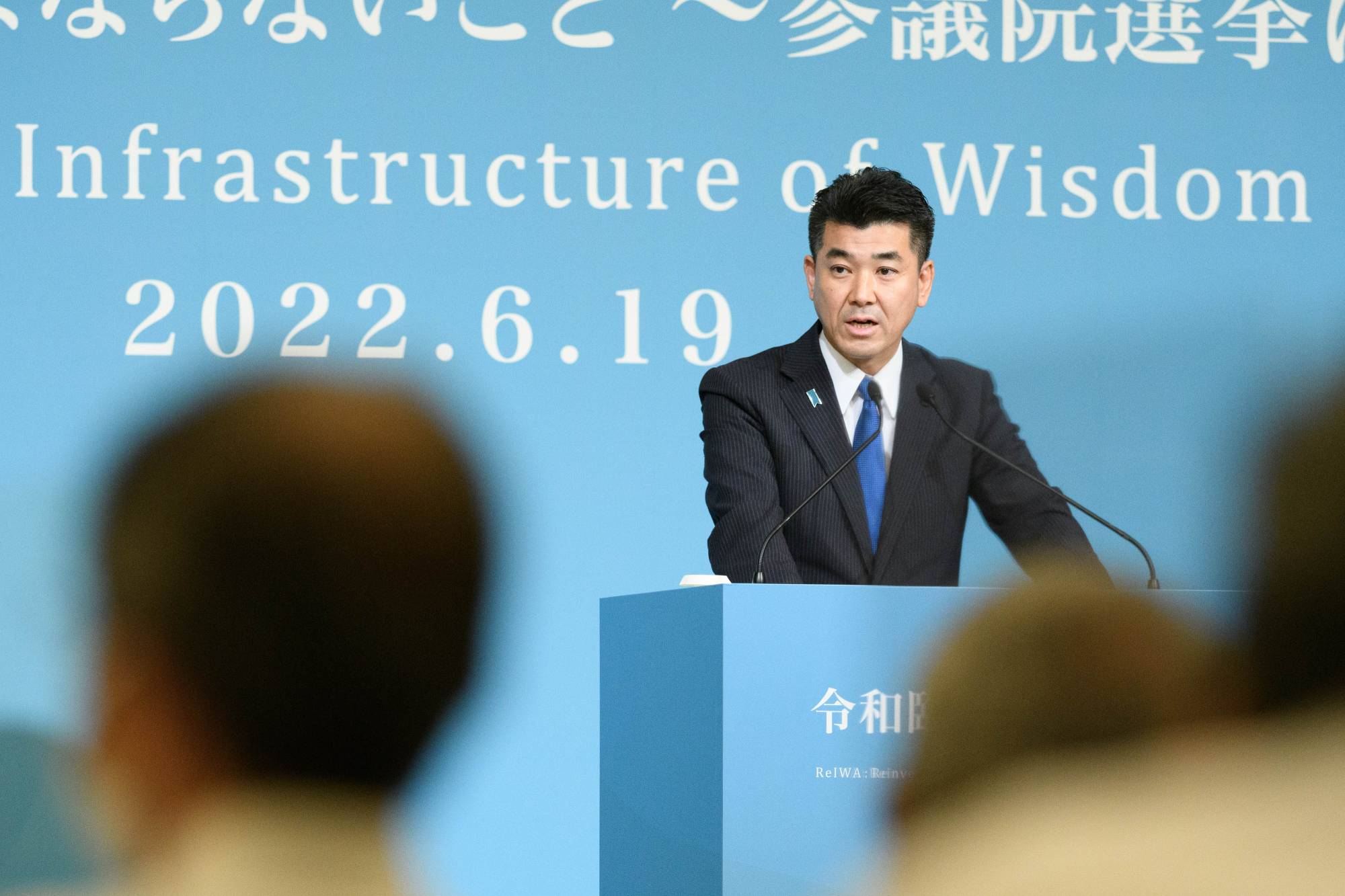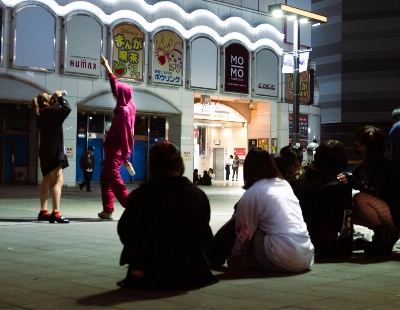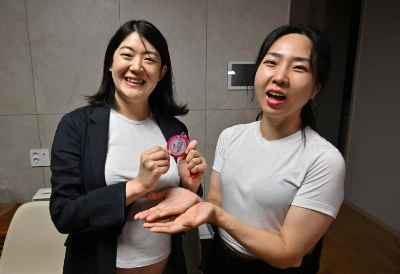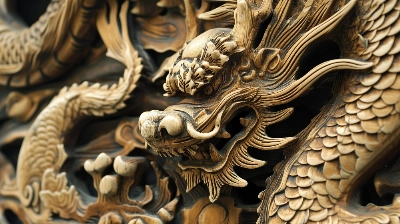Seven months after Japan’s largest opposition party chose new leadership following a disastrous Lower House election in October, the party now finds itself limping into the July 10 Upper House election with low poll numbers and questions swirling around it about what will happen if it fails to keep seats, let alone gain them.
An NHK poll released Monday showed that the Constitutional Democratic Party of Japan’s support rate was just 5.1% — ahead of ruling coalition member Komeito (4.3%) and Nippon Ishin no Kai (3.7%), but well behind the 38.4% support rate for the ruling Liberal Democratic Party. A Kyodo News poll released Sunday showed that 7% of respondents will vote for the CDP under the proportional representation system — Upper House polls also see votes cast for candidates in multiple-seat districts — behind Nippon Ishin (7.7%) and far behind the LDP (27.3%).
The CDP is fielding 51 candidates in total: 31 in districts and 20 under the proportional representation system.



















With your current subscription plan you can comment on stories. However, before writing your first comment, please create a display name in the Profile section of your subscriber account page.